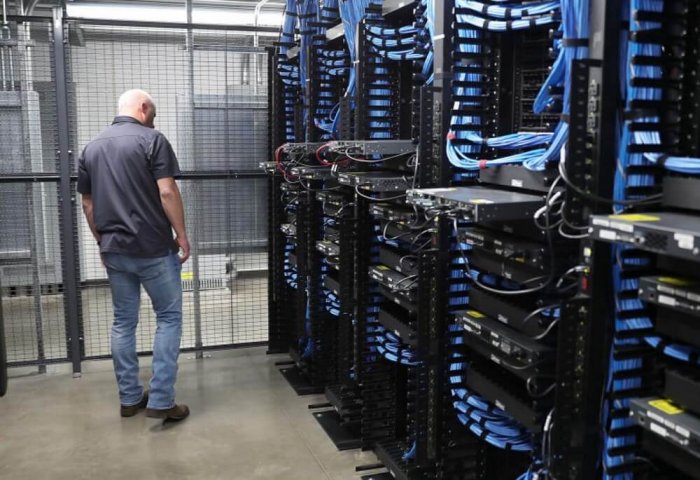In the age of digitalisation, the amount of data being produced and used worldwide is growing at a staggering rate. According to the Financial Times, this volume will reach nearly 100 terabytes by 2022, and, even more amazingly, it will almost double by 2025. However, handling this explosion of data has become a significant challenge for developers.
In managing the overwhelming flow of data centres, developers encounter obstacles such as local planning restrictions and the escalating need for power supply to meet growing demands. To address these challenges, developers employ strategies like expanding current data centres and constructing new ones. However, these endeavours are not without challenges.
Data centres' high energy consumption further complicates the issue of environmental sustainability. Major technology companies are currently addressing this challenge with innovative strategies. For instance, leading players such as Google and Amazon are looking for new ways to make data centres environmentally friendly. They also lead the way in energy efficiency and investing in renewable energy.
Handling vast amounts of data in the digital age is emerging as a pivotal challenge for the technology world and the environment. Large technology companies are moving towards increasing their responsibility for sustainability, which may determine their future success.
The impact of rapid data growth on sustainability is not limited to energy consumption. Factors such as producing hardware and equipment needed to run data centres, waste management, and water use also impact the environment. Therefore, technology companies must take action not only in energy efficiency and renewable energy but also in environmental impact reduction and resource management. Incorporating environmental sustainability principles into the design and operation of data centres will help create a more sustainable infrastructure for future data growth.
In addition, data growth and sustainability challenges also raise data privacy and security issues. More data means more security risks and the possibility of information leakage. Therefore, technology companies need to manage the volume of data and take measures to ensure its security and privacy. Storing data securely, using robust encryption methods and taking appropriate security measures can help protect data users and the environment. In this way, the security risks posed by data growth can be addressed sustainably.
Data growth must be managed sustainably. Technology companies can meet this challenge by improving energy efficiency, investing in renewable energy, and optimising data management processes. Thus, they can meet the growing demand for data and contribute to environmental sustainability.
Nurmyrat Mommayev,
PhD Candidate at Marmara University's Department of Political Science and International Relations in Istanbul, Turkey


















